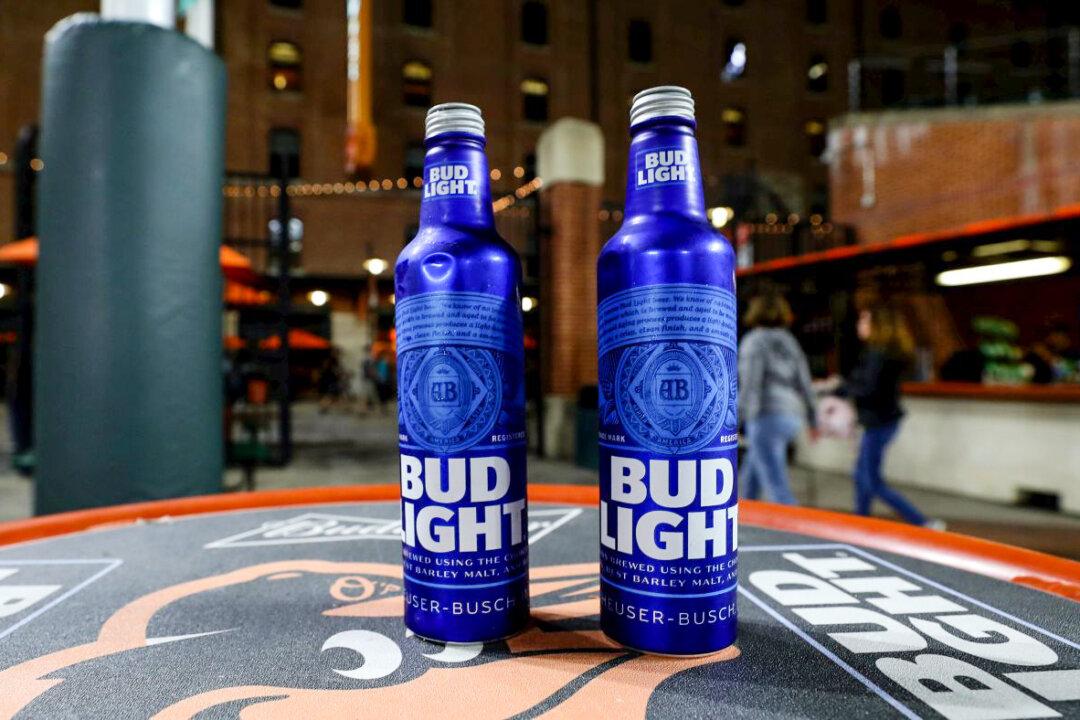Bud Light’s sales declined in the first week of a conservative-led boycott of the brand after it partnered with transgender activist Dylan Mulvaney, according to analysis.
Dave Williams of Bump Williams Consulting told industry website Brewbound that packages of Bud Light showed accelerating declines in sales and shares for the week ending April 8, when the boycott started to pick up steam. He cited NIQ data for his assertion.





